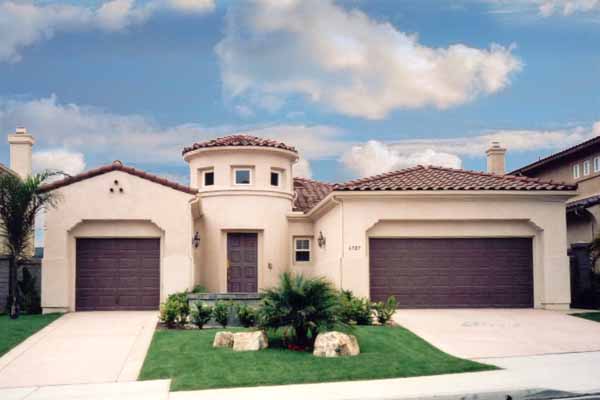ECONOMIC OBSOLESCENCE
Economic Obsolescence in Real Estate: Understanding its Impact and Implications
In the realm of real estate, economic obsolescence represents a critical concept that profoundly influences property valuation, investment decisions, and market dynamics. This form of depreciation stems from external factors beyond the property itself, impacting its overall value and financial performance. Understanding the implications of economic obsolescence is crucial for real estate professionals and investors seeking to make informed decisions and navigate the complexities of the market.
Recognizing Economic Obsolescence
Economic obsolescence encompasses the loss of property value resulting from external factors such as changes in the surrounding area, shifts in demand patterns, or evolving economic conditions. These influences can diminish a property's desirability, relevance, and income-generating potential, ultimately impacting its market value and investment viability. Real estate stakeholders must recognize the multifaceted nature of economic obsolescence and its potential implications for their investment strategies and asset management practices.
Mitigation Strategies
Proactive mitigation strategies are essential for addressing the impact of economic obsolescence on real estate assets. This may involve initiatives to enhance the property's appeal, adapt to changing market demands, or contribute to the revitalization of the surrounding area. By actively addressing the underlying causes of economic obsolescence, stakeholders can safeguard the value and performance of their real estate investments and position themselves for long-term success in dynamic market environments.
Market Resilience and Adaptation
Assessing the resilience of the market and identifying opportunities for adaptation are pivotal in mitigating the effects of economic obsolescence. Real estate professionals must remain attuned to market dynamics, potential revitalization efforts, and emerging trends that could counteract the impact of economic obsolescence. By strategically positioning their investments and adapting to evolving market conditions, stakeholders can navigate economic obsolescence challenges and capitalize on opportunities for sustained value and growth.
Conclusion
Economic obsolescence represents a significant aspect of real estate valuation and investment, encompassing external influences that can diminish a property's value over time. By understanding the implications of economic obsolescence and implementing informed mitigation strategies, real estate professionals and investors can make prudent investment decisions that safeguard the value and performance of their assets amidst evolving market dynamics.
Economic obsolescence represents a significant aspect of real estate valuation and investment, encompassing external influences that can diminish a property's value over time. By understanding the implications of economic obsolescence and implementing informed mitigation strategies, real estate professionals and investors can make prudent investment decisions that safeguard the value and performance of their assets amidst evolving market dynamics.
Understanding economic obsolescence is essential for anyone involved in the real estate industry. By recognizing its impact and actively addressing its underlying causes, real estate stakeholders can make informed decisions that optimize the financial performance and long-term value of their assets, ultimately positioning themselves for success in an ever-changing real estate landscape.
MORE REAL ESTATE TERMS
A, B, C, D, E, F, G, H, I, J, K, L, M, N, O, P, Q, R, S, T, U, V, W, X, Y, Z
Featured New Home

Featured Mortgage Brokers
- GENERATION MORTGAGE COMPANY, HILO, HI
1257 KILAUEA AVE STE 30
HILO, HI 96720 - RESIDENTIAL HOME FUNDING CORPORATION, BLUE BELL, PA
1787 SENTRY PKWY W BLDG 18-130
BLUE BELL, PA 19422 - BancOhio Financial, mortgage broker in Powell, OH
285 S Liberty St
Powell, OH 43065 - CARLILE PROPERTIES, SACRAMENTO, CA
1009 22ND STREET, 3A
SACRAMENTO, CA 95816 - Mainstream Funding Network, Inc., mortgage broker in Williamsville, NY
5586 Main St.
Williamsville, NY 14221